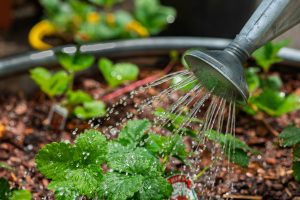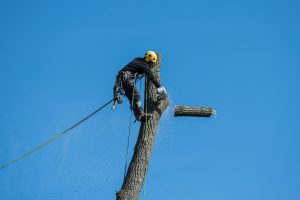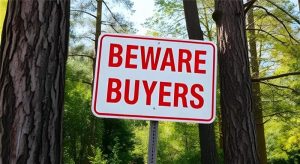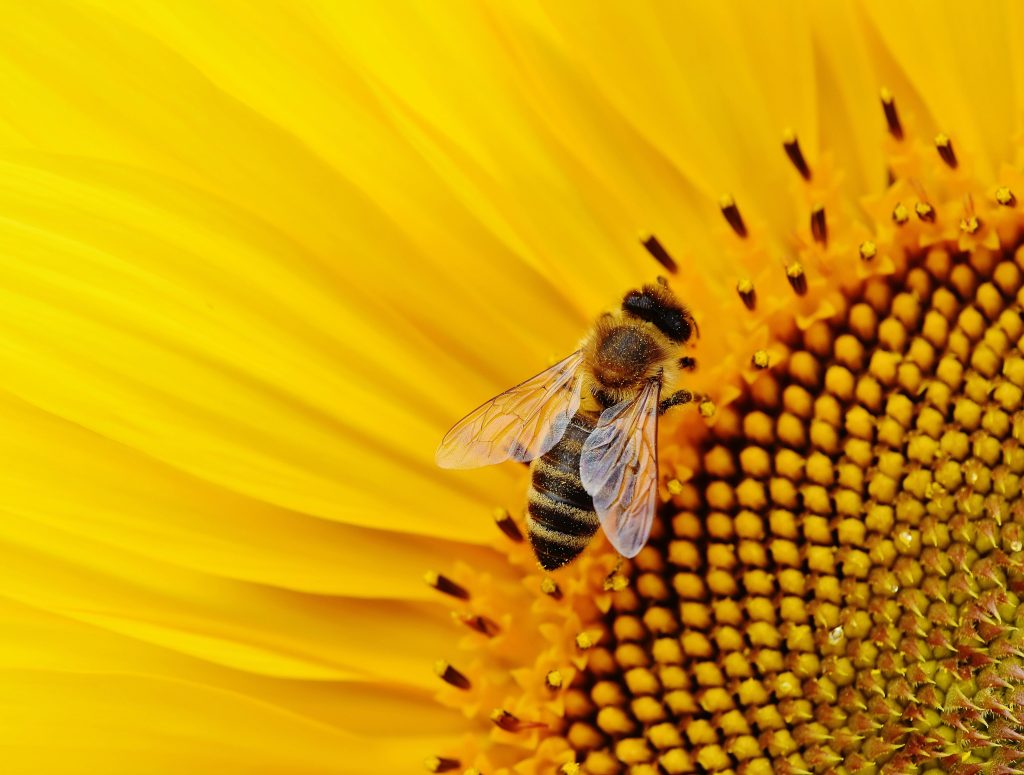
Bees, Objectively The Best Pollinators
Bees are the amazing little creatures! Without bees, we would lose a significant amount of food production opportunities. Bees are responsible for pollinating flowers and plants, which in turn helps them grow and eventually fruit. No bees, no food.
For the most part, bees when left alone, won’t sting. Granted, some types of bees do sting on occasion, but some people believe they’re malicious like wasps (who suck but are also valuable pollinators). When bees sting, their stinger embeds itself in your skin, due to their barbed stingers, but the stinger is also attached to the bee’s vital organs which pull out when they try to fly away. They know that they have one sting in them and then they’ll die. They most certainly aren’t stinging maliciously. They only do so to protect the hive, the queen or when startled. Poor things.
If you get stung by a bee, try not to shake or shove it off, try instead to hold still and gently scrape the stinger off with your fingernail or credit card. Avoid squeezing or pulling it, as that will result in releasing more venom and killing the bee. It’s difficult but you’ll save a bee.
My hives are all stingless bees, so despite some species biting or secreting sticky defense substances, they’re relatively harmless, making keeping them a delight. Some species of Australian Native Stingless bees produce usable honey, but not to the extent of common honeybees. This does not make them less valuable, however, as they still pollinate flowers and plants, and their honey is thought by some to contain medicinal properties.
These native stingless bees often make their hives in tree cavities, hollow trees, or logs. If there is a nest in a hollow tree, I suggest removing the whole tree or log and giving the hive to a beekeeper to protect the bees and keep them (and you) safe.
Bees are an essential part of the environment, as I have mentioned, we need them to live. As an arborist and bee enthusiast, I take protecting their natural habitats seriously. I would be remiss not to suggest that when you are considering plants for your garden, you pick plants and flowers that attract bees. Sure, you might not want a beehive in your garden but planting food like flowers for them and leaving it be, is a fantastic way to contribute to the conservation of one of our most valuable pollinators, our fuzzy little friends, the bees.
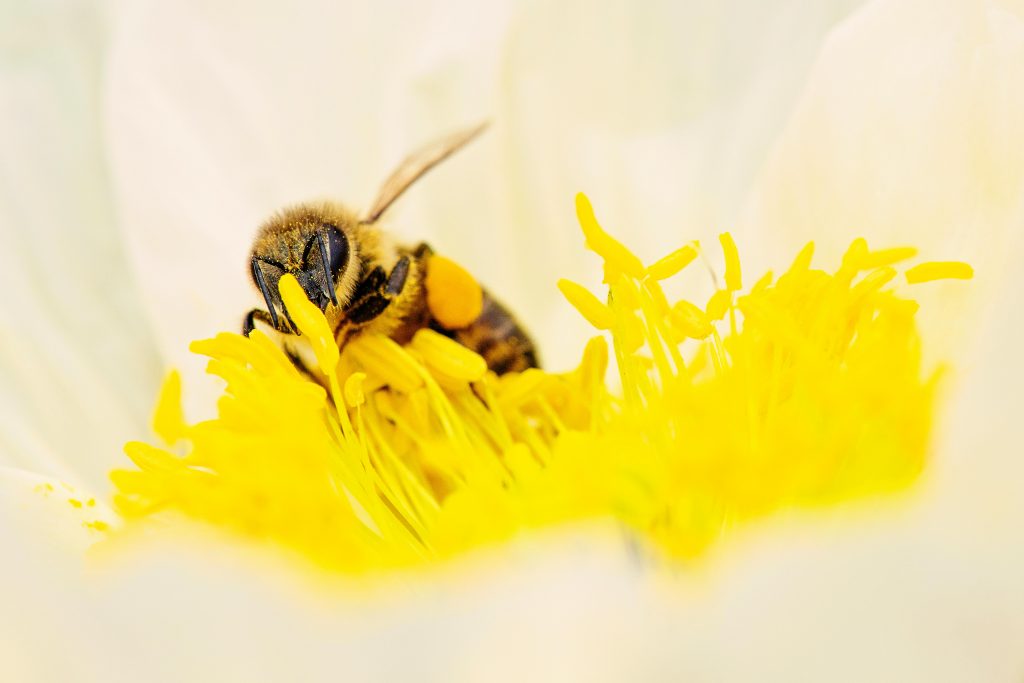
As an arborist, I do not necessarily remove bee hives, but I can help you select plants to nourish them and advise you on what to do if you find a hive. Feel free to give our Ecological Tree Services office a call on 07 3520 8661 if you have any questions or would like advice on plants, trees, or bees.
-Alex the Arborist

